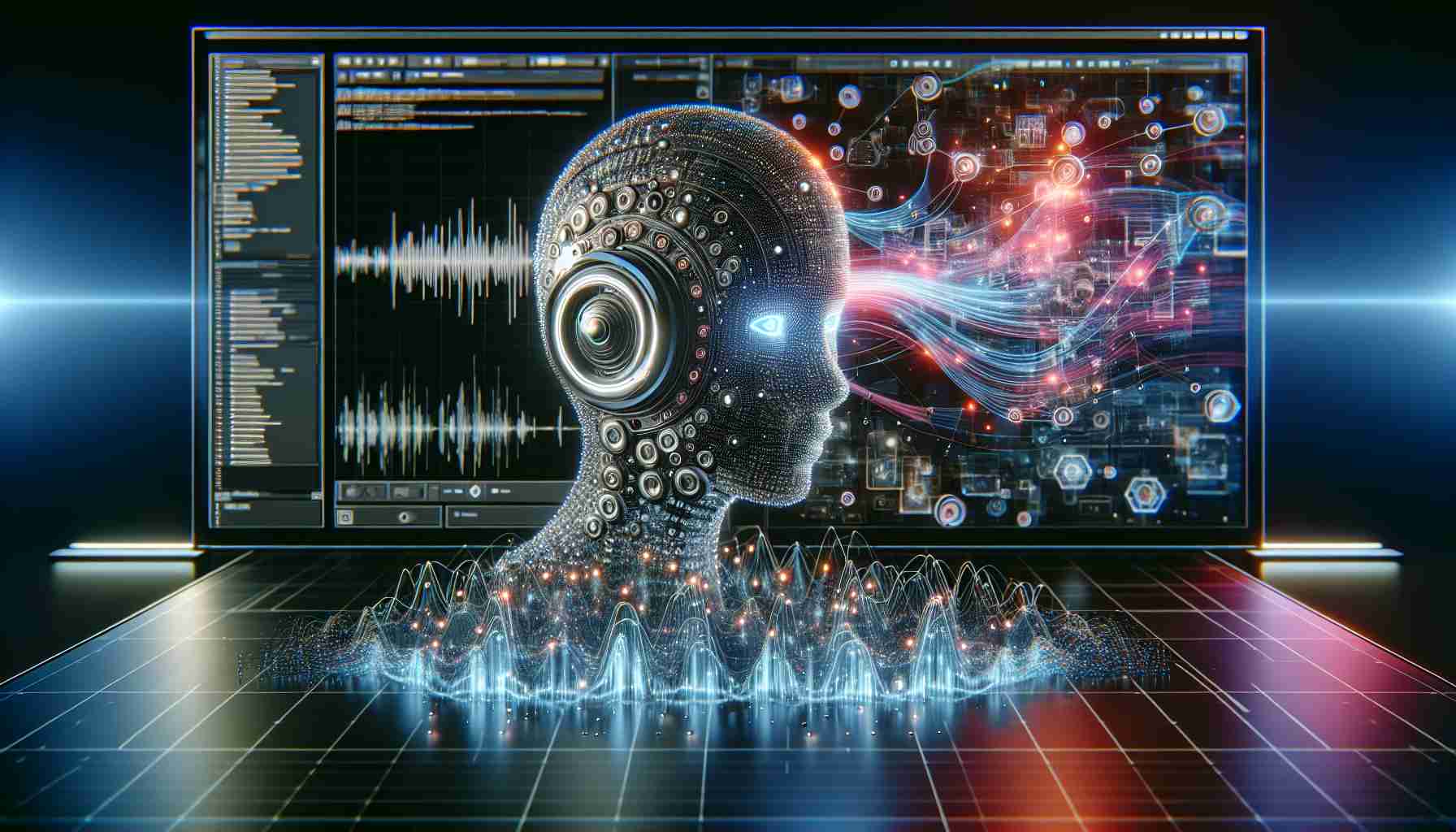Artificial Intelligence Reshapes the Music Industry
Udio stands as a testament to the revolutionary applications of AI, Artificial Intelligence. It is a system fashioned to think autonomously, garnering vast amounts of data from the internet to produce original creative works. This model is akin to the technology behind ChatGPT, which enables text generation.
The Concern Amongst Musicians
The core of the controversy lies in the method of training AI tools like Udio, which involves the utilization of an extensive array of musical elements. These elements include melodies, genres, and even the vocal timbres of established artists. Famous musicians, including the likes of Billie Eilish, have expressed their disapproval of their music being used without consent to train AI applications. Artists assert their right to be asked for permission before their work is repurposed for such uses.
The Fear of Diminishing Opportunities
Musicians harbor fears of a future with diluted job prospects, as such AI-driven applications streamline the process of creating music for various sectors, including advertising and film. This ease of generating music through AI raises concerns about the long-term impact on the demand for human musicians in these industries.
Understanding Udio: The AI Revolutionizing Music Creation
Udio represents the cutting-edge change in music creation through the involvement of Artificial Intelligence (AI). Like its counterparts in other creative fields, Udio’s innovative system can autonomously analyze extensive datasets from the internet and curate original music, similar in approach to AI systems like ChatGPT that creates text-based content. The advancement points to an emerging trend where AI is becoming a central player in creative industries.
Key Questions and Answers
Q: How does Udio create music?
A: Udio analyzes large datasets which include a variety of musical elements such as melodies, rhythms, genres, and vocal styles. By learning from these, it can generate new compositions that are influenced by the vast spectrum of existing music.
Q: Why is there a concern among artists regarding AI like Udio?
A: Artists are concerned that AI systems are using their creative works without permission to train their algorithms, which they feel infringes upon their rights and the integrity of their music.
Q: What kind of opportunities might diminish for musicians due to AI music creation?
A: As AI systems become more capable of producing music, there’s a growing apprehension that the need for human composers and musicians in certain areas, like film scoring or advertisement jingles, may decline.
Key Challenges or Controversies
One of the major controversies in the implementation of AI like Udio in music creation is the ethical dilemma surrounding its training process. The use of artists’ work raises questions of copyright and moral rights, particularly if these works are used without permission. This presents legal and ethical challenges that the industry must navigate. Another point of contention is the potential change in how the value of music is perceived when machines can generate vast quantities of content with relative ease.
Advantages and Disadvantages
Advantages:
– AI can produce music quickly and efficiently, potentially reducing the cost and time required to create soundtracks for various applications.
– It can provide a tool for non-musicians to generate music, democratizing music creation.
– AI can push the boundaries of creativity by producing compositions that might not be intuitive for human musicians.
Disadvantages:
– It may reduce opportunities for traditional musicians and composers within certain sectors.
– There is a risk of homogenization in music, as AI-generated content may lead to a saturation of similar-sounding materials.
– The debate over the ethical use of intellectual property when training AI systems remains unresolved.
For further information, you can visit the following related domain:
OpenAI – OpenAI is the organization behind AI models like ChatGPT, which is similar in technology to musical AI software like Udio. They are pioneering research and development in the field of artificial intelligence.
Please note that I have not provided specific links to the main domain about Udio, as no URL has been verified for this entity. If Udio has an official web presence, a link to their main domain could also be included for additional resources.
The source of the article is from the blog agogs.sk

